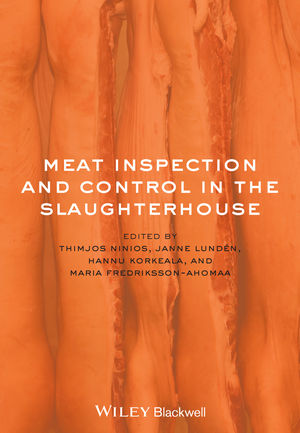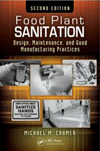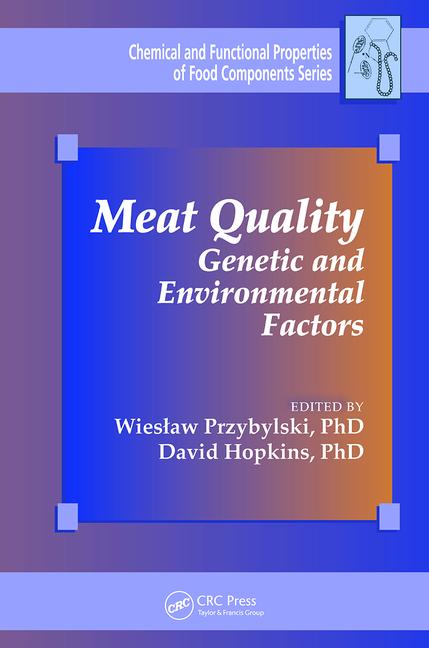The World Trade Organization has ruled that the United States has not done enough to change its meat labeling rules after losing a challenge brought by Mexico and Canada over its country-of-origin labeling regulations, Reuters reports.
The WTO ruled in June 2012 that the COOL program unfairly discriminated against Canada and Mexico because it gave less favorable treatment to beef and pork imported from those countries than to U.S. meat. The U.S. argued that it had made changes to comply with that ruling, but the other companies disagreed.
The U.S. will need to submit an appeal within the next 20 days. Unless the revised U.S. labeling rules are given the all-clear by the WTO's Appellate Body, Mexico and Canada can ask the trade body to let them impose a certain amount of trade sanctions on the United States. The United States can challenge the amount.
The American Meat Institute and North American Meat Association released the following joint statement: “The WTO decision upholding Canada’s and Mexico’s challenge to the U.S. COOL rule comes as no surprise. USDA’s mandatory COOL rule is not only onerous and burdensome on livestock producers and meat packers and processors, it does not bring the U.S. into compliance with its WTO obligations. By being out of compliance, the U.S. is subject to retaliation from Canada and Mexico that could cost the U.S. economy billions of dollars.
While the U.S. has the option to appeal the ruling, we encourage USTR and USDA to instead work together with the industry and Congress to amend the COOL statute so that it complies with our international obligations and brings stability to the market. Such a change would help restore strong relationships with some of our largest and most important trading partners.”
R-CALF USA issued a statement noting that the ruling from the WTO was the anticipated result. The group said that it believes, “as nearly one-third of the Senate believes, that the U.S. has the tools to address this ruling without weakening or suspending COOL," said R-CALF USA CEO Bill Bullard.
"While we will be reviewing this lengthy decision to determine what, if any, additional modifications should be made to COOL, we urge the United States to exercise its right to appeal this decision and we fully expect that this dispute over COOL will continue at the WTO for many more months if not years," Bullard added.
"Congress should not capitulate to the WTO's and the multinational meatpackers' efforts to weaken our COOL law," Bullard said, adding "we must take the time to carefully analyze this ruling and then formulate a strategy for preserving our important, pro-competitive COOL law for U.S. citizens who deserve to know where their food is produced."
Several manufacturing and agricultural leaders, under the COOL Reform Coalition, stated their concerns that this latest ruling could threaten U.S. jobs and economic growth.
"Canada and Mexico are the two largest markets for U.S. exports," said U.S. Chamber of Commerce Senior Vice President for International Policy John Murphy. "The disruption of these trade ties by WTO noncompliance and the resulting retaliation by our North American neighbors will have a devastating economic impact on U.S. industries including food production, agriculture, and manufacturing."
The coalition sent a letter to the leaders of the House and Senate Agriculture Committees in June asking members to take action.
"If Congress fails to ensure that U.S. COOL requirements comply with our international obligations, U.S. jobs and manufacturing will be put at risk," said Linda Dempsey, Vice President of International Economic Affairs at the National Association of Manufacturers. "The United States helped create the WTO to ensure that all countries play by the rules. U.S. leadership in complying with our own obligations is critical to the United States' ability to address effectively unfair and WTO-violative trade barriers by our trading partners around the world."
A compilation of products likely to be targeted by Canada and Mexico and the potential economic impact for each state can be found on an interactive map at COOLReform.com.
Source: Reuters via South Florida Sun-Sentinel, AMI/NAMA, R-CALF, COOL Reform Coalition






